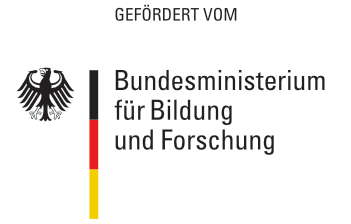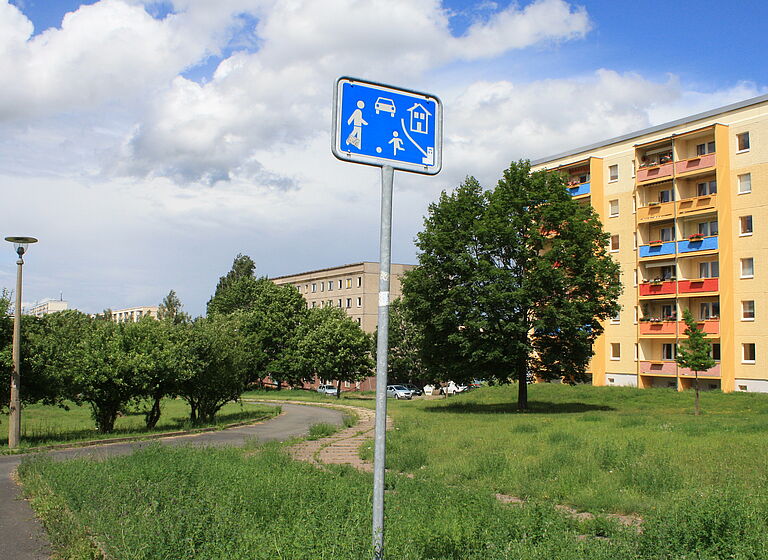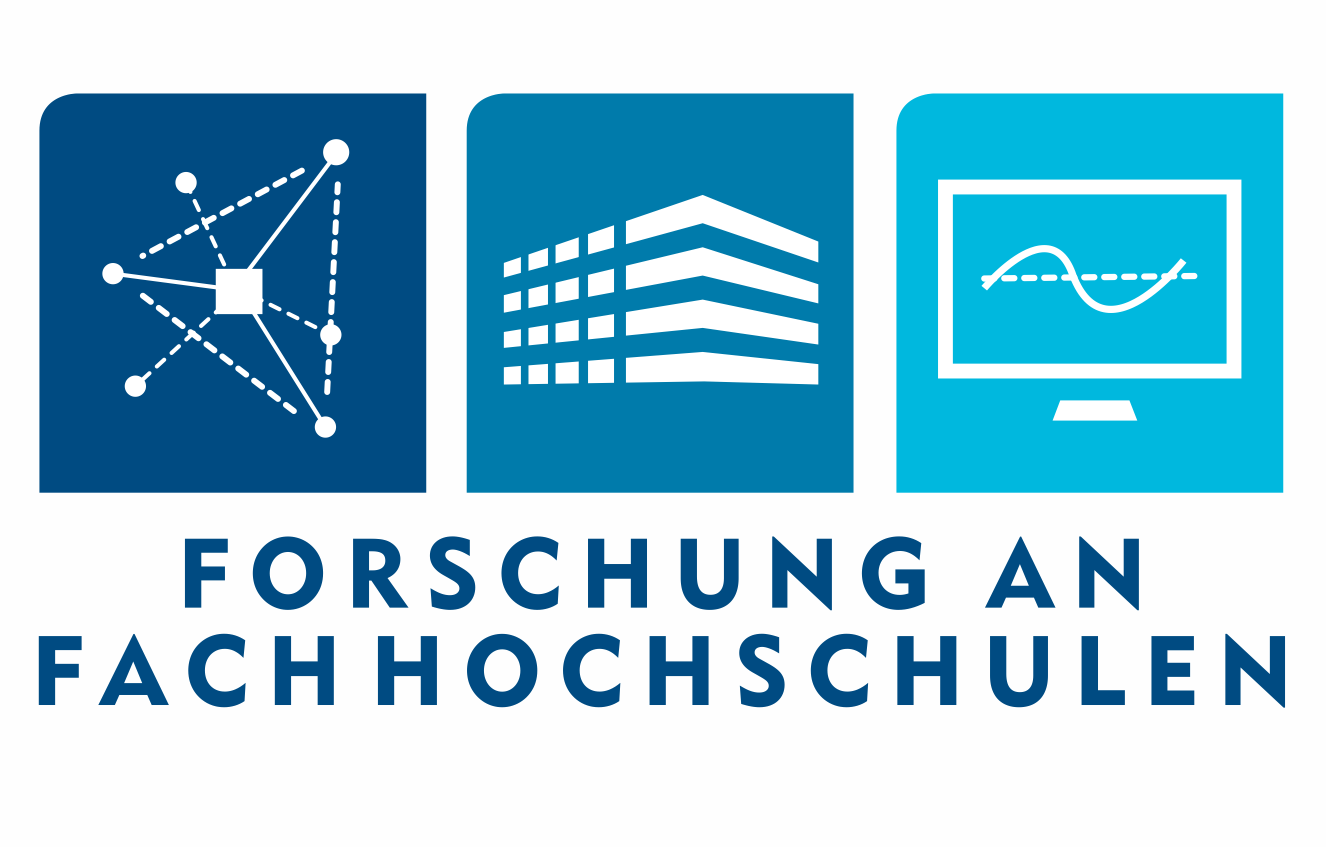
HIA_City
Health Impact Assessment (HIA) in urban development
Health impact assessment as a model for integrating health aspects into urban planning
HIA (health impact assesssment) is defined by the World Health Organization as "a combination of procedures, methods and tools for assessing the impact of policies, programmes or projects on the health of a population and their distribution in the population. This is intended to give greater consideration to impacts on human health in all sectors ("Health in all Policies"). This also applies to urban planning and development. Here, strategies are to be developed that more strongly incorporate aspects of health. At the same time, the public health services must be put in a position to take a well-founded stand in the urban development process and to be able to introduce health aspects.
The GFA_Stadt project aims to contribute to the systematic integration of GFA in municipal processes and to reduce obstacles to its application.
GFA_Stadt
Grant provider: Third-party-funded research project of the Federal Ministry of Education and Research (BMBF - Bundesministeriums für Bildung und Forschung)
Project sponsor: VDI Technologiezentrum GmbH
Duration: 10.2020 to 09.2023
Project website: https://www.gfa-stadt.de
About the project
The research project GFA_Stadt aims at social innovation by initiating practical-organisational solutions (user-friendly implementation of GFA in urban planning), changed social practices (systematic consideration of health issues in municipal planning practice) as well as optimised processes and efficient strategies (participatory implementation of GFA), and by newly linking and structuring decision-making structures. In the project, health burdens are primarily examined in the case of districts, in the Hamburg district of Eimsbüttel, Stellingen, and in the Gera district of Lusan, and, above all, improvements in walkability are derived.
Walkability as an essential health factor in the case quarters
The research project GFA_Stadt examines health impact assessment as an example of the focus on walkability (ease of movement) in cities and the associated health effects (beneficial and inhibitory effects) on neighbourhood residents. Specifically, in selected areas of the district of Hamburg-Eimsbüttel and the town of Gera, research is conducted on how RIA can be implemented in urban planning and how walkability affects the quality of life and health of the resident population. In the Hamburg district of Eimsbüttel, the Stellingen neighbourhood is a project area within the framework of the neighbourhood initiative Urban Living. This initiative aims to develop, test and establish a multi-agency way of working for a holistic neighbourhood strategy. The Gera district of Lusan has been a programme district of the Socially Integrative City funding programme since 2015. In this way, the federal and state governments support stabilising and upgrading urban, economically and socially disadvantaged and structurally weak urban and local districts. Within the framework of the integrated development concept (IEK) Gera-Lusan, action requirements for improving the living environment and promoting health were derived for the structurally weak district characterised by prefabricated housing. The scientific and cooperation partners from the field expect that GFA_Stadt will succeed in developing both a strategic approach for the integration of health concerns into urban planning and in obtaining concrete impulses, e.g. through path design, the creation of barrier-free access and open space networking, to make the urban districts more movement-friendly and to reduce environmental pollution.
An innovative approach: RIA in urban planning supported by an online tool
RIAs are increasingly being applied worldwide. In Germany, RIA in urban planning is still in its infancy. Although human health can be taken into account as a parameter in environmental assessment, this is insufficiently practised due to a lack of binding force. In German-speaking countries, hardly any RIAs have been carried out in the context of urban planning measures so far. What is new about the GFA_Stadt approach is that it integrates the cross-cutting issue of health into everyday planning as a cross-departmental procedure. In the long term, this offers the potential to obtain a greater basis for argumentation in interdepartmental coordination through health impact assessments and at the same time to design public space in such a way that it enables and supports healthier lifestyles among neighbourhood residents.
The development of an online tool as a cross-institutional system is intended to minimise the workload for implementing the RIA. The tool will be developed in cooperation with the cities of practice and should enable well-founded cooperation between public health, spatial planning and citizens.
Procedure and Aim of the research project
The close link between science and practice is the focus of this research project to ensure the connectivity and transferability of new findings and solutions.
Interdisciplinary research approach
The research project pursues an interdisciplinary approach by combining expertise from urban planning or urban research and the health sciences. The project thus focuses on the complex interplay between scientific and technical innovation and social development in settlement and neighbourhood development and health promotion. With the help of the developed instruments, the multisectoral cooperation between health and urban planning departments in municipal administration is to be improved or simplified. Current barriers are to be reduced or eliminated within the framework of the research project. The online tool and the practical guide will facilitate communication and exchange between the two disciplines and enable the participation of those affected.
Project objective
As a result, the development of the integrated, participatory model for health impact assessment for municipalities aims to integrate the cross-cutting issue of health into everyday planning across all ministries. RIA can provide a better basis for argumentation in the coordination between urban planning and public health services to design cities and especially public spaces in such a way that they serve health promotion and improve equal opportunities for healthier lifestyles among residents. In this way, administration and politics can improve the quality of life in cities and neighbourhoods and ultimately also reduce the costs of health care.
Fields of activity
The research project GFA_Stadt deals primarily with the following fields of activity:
- Realisation of a user-friendly instrument for health impact assessment for municipal planning practice, which fulfils both participatory and integrated requirements.
- Systematic consideration of health impacts of urban planning measures in municipal planning processes
- Development of an online tool that supports the cooperation of different actors in the planning process and the participation of citizens.
Scientific findings of the ISP
- Guidelines for the practical implementation of RIA
Preparation of the findings in the form of a guideline for policy and administration. - Residents' perspectives on walkability in the case districts
With the help of qualitative and quantitative methods, the perspectives and experiences of the residents of the case districts are recorded and evaluated. - Sustainable knowledge transfer
Development of a training concept to introduce experts from the health and urban planning sectors to the interdisciplinary application of RIA.
Project team
Project partner

-
Sinning, Heidi; Westenhöfer, Joachim; Borutta, Jana; Buchcik, Johanna; Grimm, Theresa; Tolg, Boris; Benneckenstein, Astrid 2021: Integration der Gesundheitsfolgenabschätzung (GFA) in die Stadtentwicklung: Interdisziplinäre Herausforderungen, Potentiale und Hemmnisse. (Poster im PDF-Format)
-
- Fachhochschule Erfurt (Hrsg.) 2020: Gesundheitsfolgenabschätzung in der Stadtentwicklung. Verbundprojekt GFA_Stadt startet in Kooperation mit Hamburg und Gera: Ein neues Verbundprojekt vom Competence Center Gesundheit (CCG) der HAW Hamburg und dem ISP – Institut für Stadtforschung, Planung und Kommunikation der Fachhochschule Erfurt untersucht die Möglichkeiten zu einer aktiven Bewegungsförderung durch eine gesundheitsförderliche Stadtplanung, Erfurt, Pressemitteilung der HAW Hamburg vom 01.12.2020. Verfügbar: https://www.haw-hamburg.de/fileadmin/Bilder-zentral/News-Presse-Veranstaltungen/2020/PDF/PM_Verbundprojekt_Gesundheitsfoerderung_final2.pdf
- Fachhochschule Erfurt (Hrsg.) 2022: Gesundes Leben im Stadtteil Gera-Lusan. Haushaltsbefragung im Rahmen des BMBF-Forschungsprojekts „GFA_Stadt“ gestartet, Erfurt, Pressemitteilung der FH Erfurt vom 01.03.2022. Verfügbar: https://www.fh-erfurt.de/news/detailansicht/gesundes-leben-im-stadtteil-gera-lusan





